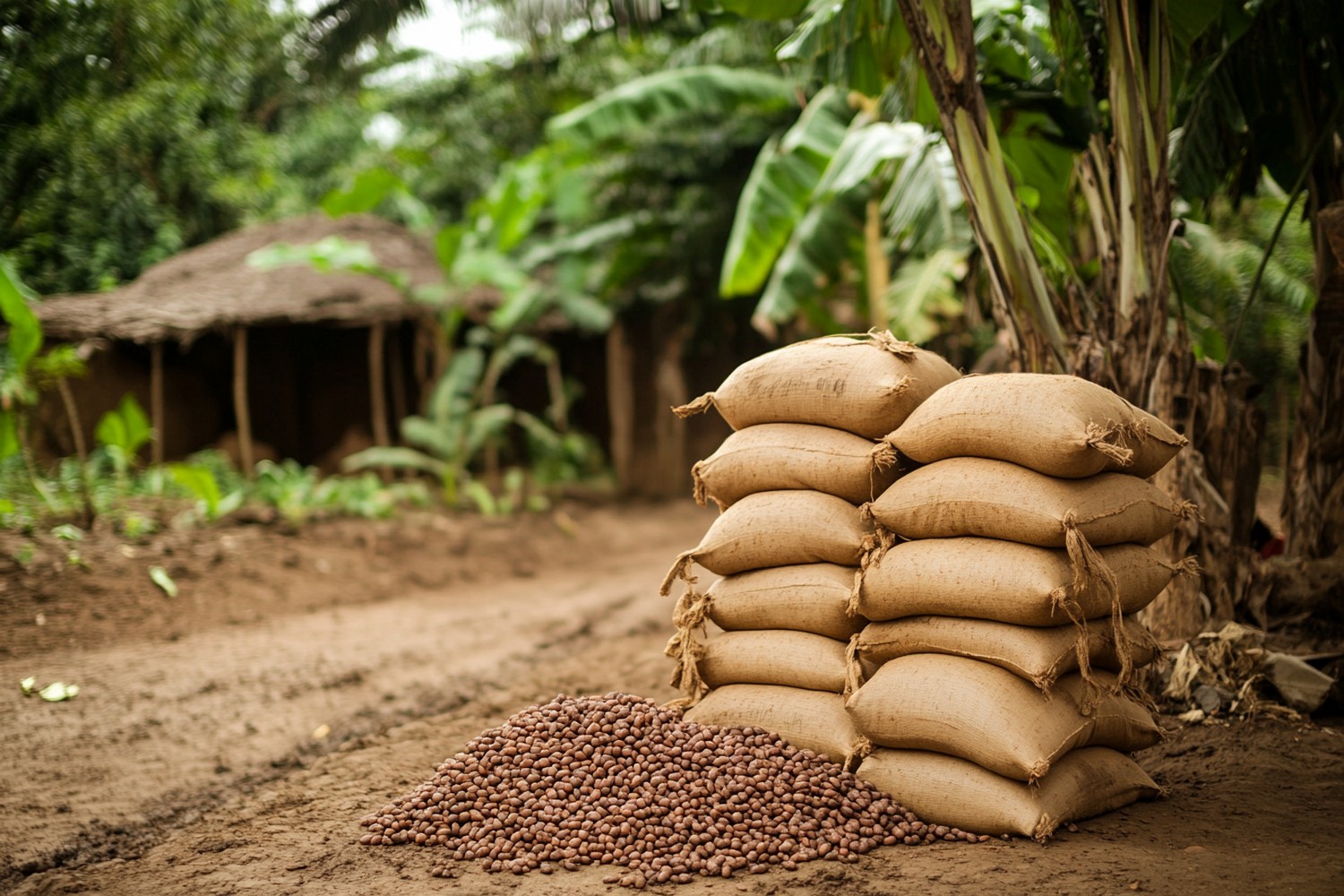Dishonest practices in agricultural value chains undermine trust, reduce transparency, and disrupt fair trade. In the cocoa industry, where middlemen play a crucial role in connecting farmers to cooperatives and exporters, these behaviors can distort the flow of certified products and inflate profits at the expense of ethical standards.
To address this issue, Delphine Boutin, Marine Jouvin and Louis Olié conducted a lab-in-the-field experiment in Côte d’Ivoire, the world’s largest cocoa producer. Their IZA discussion paper focuses on understanding the extent and drivers of dishonesty among middlemen and evaluating potential solutions to curb it.
Dishonesty is widespread, but not universal
The study reveals that dishonesty among cocoa middlemen is common but not uniform. Using a modified “die-under-cup” task, the researchers observed that 78% of participants cheated at least once. Most troublingly, 59% of middlemen consistently engaged in dishonest behavior when faced with unfavorable outcomes. In contrast, 22% of participants maintained honesty even when it meant financial disadvantage, pointing to the influence of intrinsic values or ethical considerations.
Who cheats, and why?
The propensity to cheat varies based on individual characteristics. Younger middlemen, those with higher risk tolerance, and those without strong religious affiliations were more likely to engage in dishonest behavior. These findings suggest that age, attitudes toward risk, and moral frameworks play a significant role in shaping decision-making within the cocoa value chain.
Monitoring and penalties can work, but limits remain
The introduction of monitoring mechanisms and financial penalties led to a significant reduction in dishonest behavior. Middlemen were 42% less likely to cheat when there was a chance they could be observed and 52% less likely when observation was paired with financial penalties. However, 59% of participants continued to cheat regardless of these deterrents, highlighting the limits of these measures in isolation. The experimental nature of the setup, where the stakes were limited compared to real-world scenarios, may also explain why such a large group remained unaffected.
Implications for tackling dishonesty in global value chains
This research underscores the potential of combining monitoring and penalties to reduce dishonest behavior in agricultural supply chains. However, it also raises questions about the broader applicability and effectiveness of such measures. Addressing entrenched dishonesty may require more robust interventions, including stricter penalties, enhanced traceability systems, and initiatives that promote ethical decision-making.
By focusing on the cocoa value chain in Côte d’Ivoire, this study provides a foundation for addressing similar challenges in agricultural markets worldwide. Improved transparency and integrity in these systems will be essential for building trust and ensuring fairer outcomes for all stakeholders. According to Reuters, Côte d’Ivoire’s cocoa regulator is currently implementing a reform of the domestic cocoa marketing system that aims at eliminating middlemen to prevent risk and overpayment.
